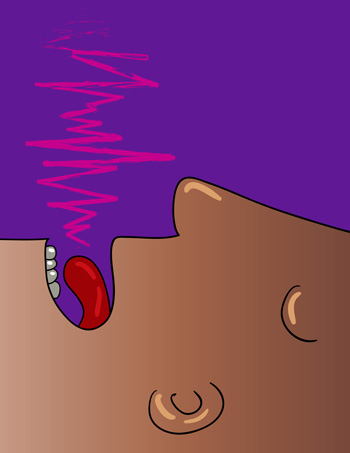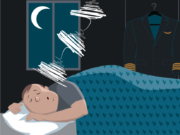
Citing the “significant safety implications” of obstructive sleep apnea (OSA), U.S. Federal Air Surgeon Fred Tilton has proposed screening the most obese pilots — those most likely to have the disorder — and requiring those diagnosed with OSA to undergo treatment before they receive medical certification.

